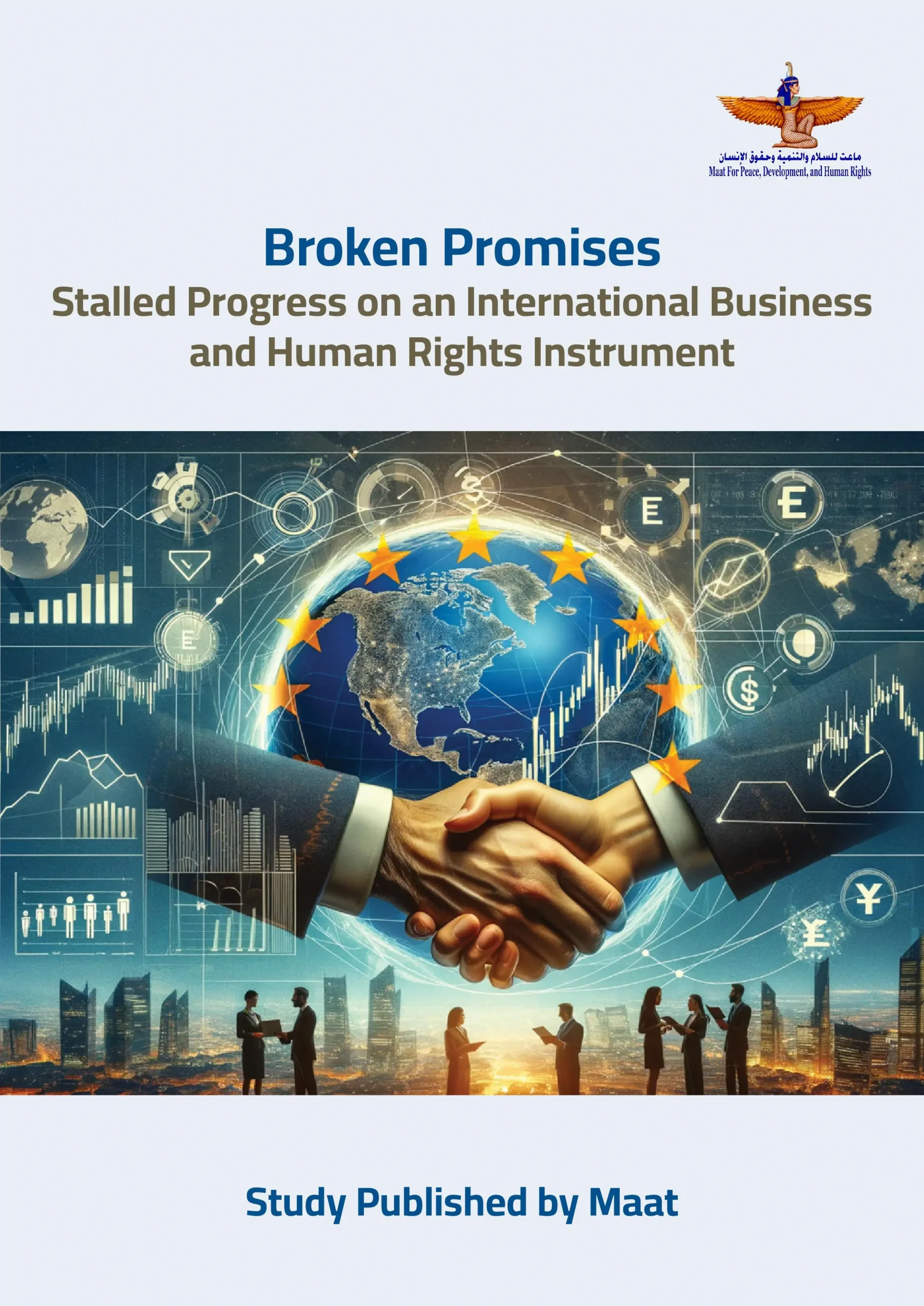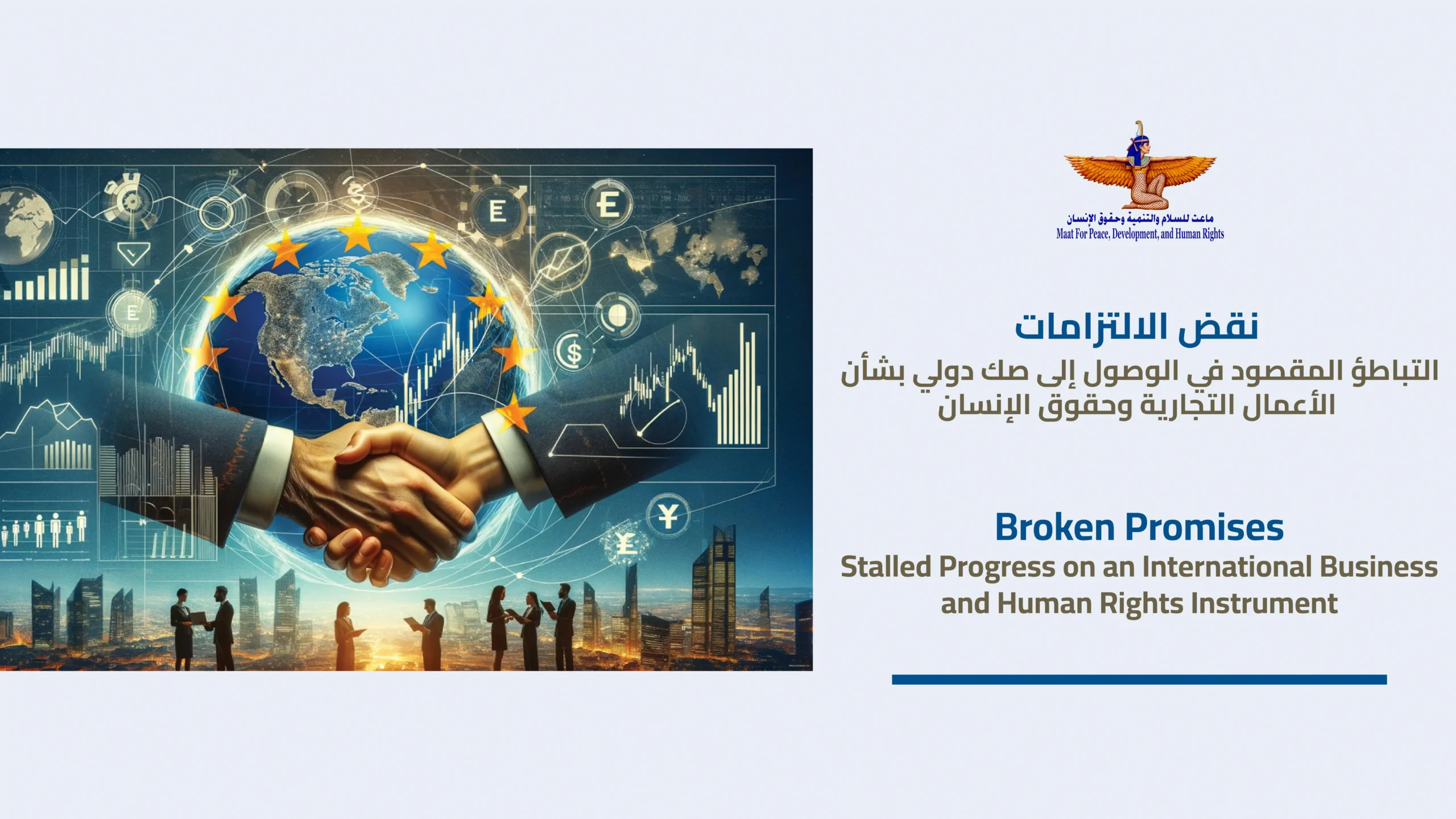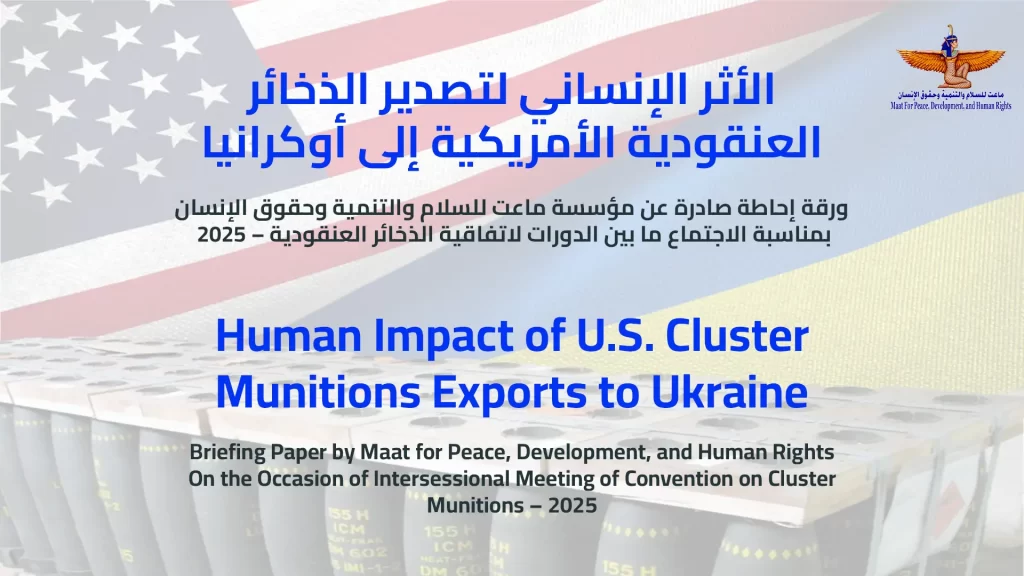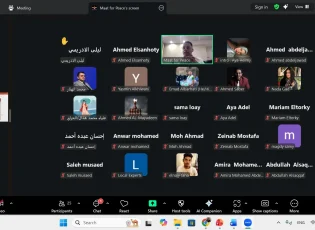It is estimated that more than 60 of the world's 100 richest and most influential economic entities are corporations rather than states. However, there is currently no mechanism to regulate the work of these companies or assess the potential impact of their activities on human rights and various communities. Given the increasing activities of transnational corporations and the consequences of these activities on human rights, as well as the disruption of the Sustainable Development Goals, the Open-ended Intergovernmental Working Group on Transnational Corporations and Other Business Enterprises with Respect to Human Rights (hereinafter referred to as Working Group) was established by Human Rights Council resolution 26/9 in 2014. This initiative was led by several states that share a vision regarding the intersection of transnational corporations’ activities and violations of rights and freedoms. Working Group has been tasked with developing a legally binding international instrument to regulate the activities of transnational corporations and other business enterprises. Since its establishment, Working Group has held nine sessions to advance this instrument, the most recent being the ninth session from October 23 to 27, 2023. The tenth session, originally scheduled for October 2024, has been postponed to December 16 to 20, 2024. The potential instrument or treaty aims to protect human rights, mitigate violations by corporations, ensure victims' access to justice, and provide redress and compensation for harms suffered as a result of corporate activities. Additionally, it seeks to enhance international cooperation.
While transnational corporations can positively promote and advance human rights, their practices can also lead to significant harm. Therefore, adopting a legally binding instrument to regulate corporate activities would establish a necessary balance, providing greater justice for victims. A review of the nine sessions of Working Group reveals a consensus that the legal instrument should complement the Guiding Principles on Business and Human Rights adopted in 2011. These Guiding Principles encourage states to consider a "smart mix" of national and international measures, both mandatory and voluntary, to enhance business respect for human rights. The opportunity to advance this agenda arises before the 13th Business and Human Rights Forum, scheduled for November 25 to 27, 2024, which will focus on good practices for implementing the smart mix. Consequently, Maat calls on all stakeholders to advocate for the establishment of this legally binding instrument as part of a smart mix. High Commissioner for Human Rights has also acknowledged that the efforts of Working Group complement the Guiding Principles on Business and Human Rights, falling within the framework of the necessary measures to enhance corporate respect for human rights. The UN Guiding Principles have established a common understanding of the duties of governments and the responsibilities of companies through a three-pillar framework. The three pillars are: protection, which refers to the duty of states to safeguard their citizens from corporate abuses; respect, which denotes the responsibility of companies to uphold human rights through the principle of human rights due diligence; and remedy, which highlights the necessity for access to effective remedies for individuals whose rights have been violated, through both judicial and non-judicial grievance mechanisms.
Maat publishes this study on the sidelines of the 13th session of the United Nations Forum on Business and Human Rights, marking ten years since the establishment of Working Group on an International Legally Binding Instrument Regulating the Activities of Transnational Corporations. This publication comes ahead of the 10th session of the United Nations Open-ended Intergovernmental Working Group on Transnational Corporations and Business Enterprises, scheduled for 16 to 20 December 2024 in Geneva, where the latest updated draft of this legally binding treaty will be negotiated. This draft was published at the end of July 2023, and subsequent proposals will also be discussed. The study aims to clarify recent developments regarding the establishment of the international instrument, provide a statistical analysis of the draft to be negotiated, assess the differences between countries that are hindering progress toward adopting the instrument, and identify the role that civil society can play in advancing the potential treaty. Additionally, the final section of the study focuses on the participation of North African countries in the negotiations aimed at establishing this international instrument. However, the study will not address the technical comments on the draft or the proposed changes to the articles, as these will be covered in a separate evaluation study by Maat. For the purposes of this study, North African countries are defined as Egypt, Morocco, Algeria, Tunisia, Libya, and Sudan. Finally, the aim of this study is to stimulate progress in the negotiations related to the establishment of the international instrument, especially in light of the existing differences among countries.

 |
 |
shortlink: https://maatpeace.org/en/?p=43883












